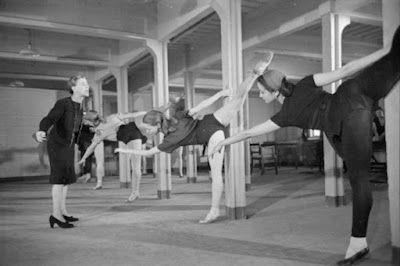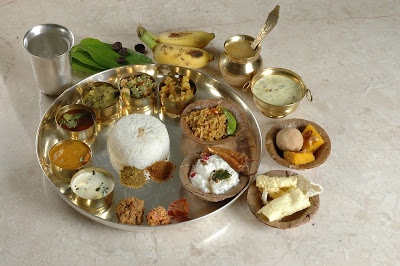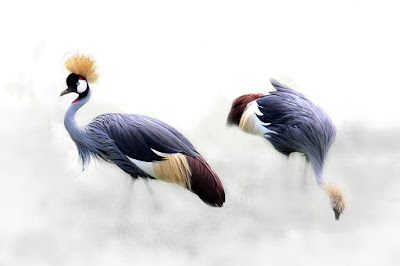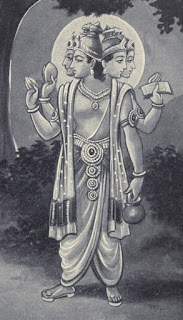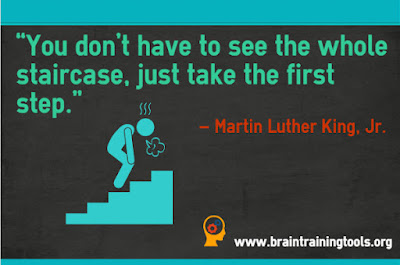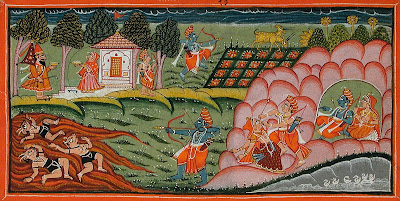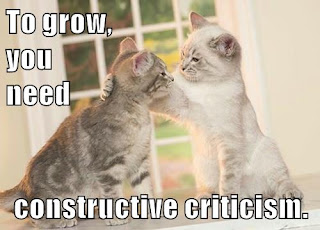Reading Notes: Ramayana, Part A - Lakshmana
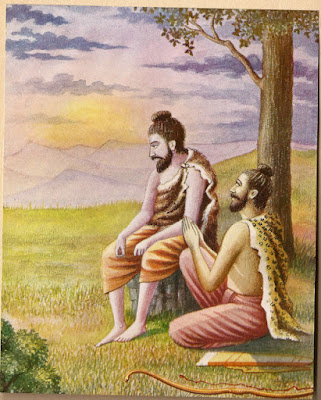
Lakshmana Consoling Rama By Chitra Ramayana by Ramachandra Madhwa Mahishi, Illustrated by Balasaheb Pandit Pant Pratinidhi, 1916 [Public domain], via WikiMedia Commons Lakshmana, Rama's brother and close friend, accompanies Rama for most of his adventures in Part A of the Ramayana . Like Rama, Lakshmana and the other two sons of Dasharatha were avatars of Vishnu, but Rama was the most loved, most beautiful, and strongest of them. There are many times in the stories that Lakshmana is overlooked like when it is Rama that Vishvamitra needs to protect him from the rakshasas Muricha and Subahu or when Dasharatha chooses Rama to be the Yuvarajah (heir apparent). When he isn't overlooked entirely Lakshmana is usually a supporting figure while Rama performs great feats or embarks on a new quest. For example when Rama wins Sita's hand in marriage by breaking Shiva's bow, Lakshmana is there but doesn't do much besides try to defend Rama to Parashurama. Though
